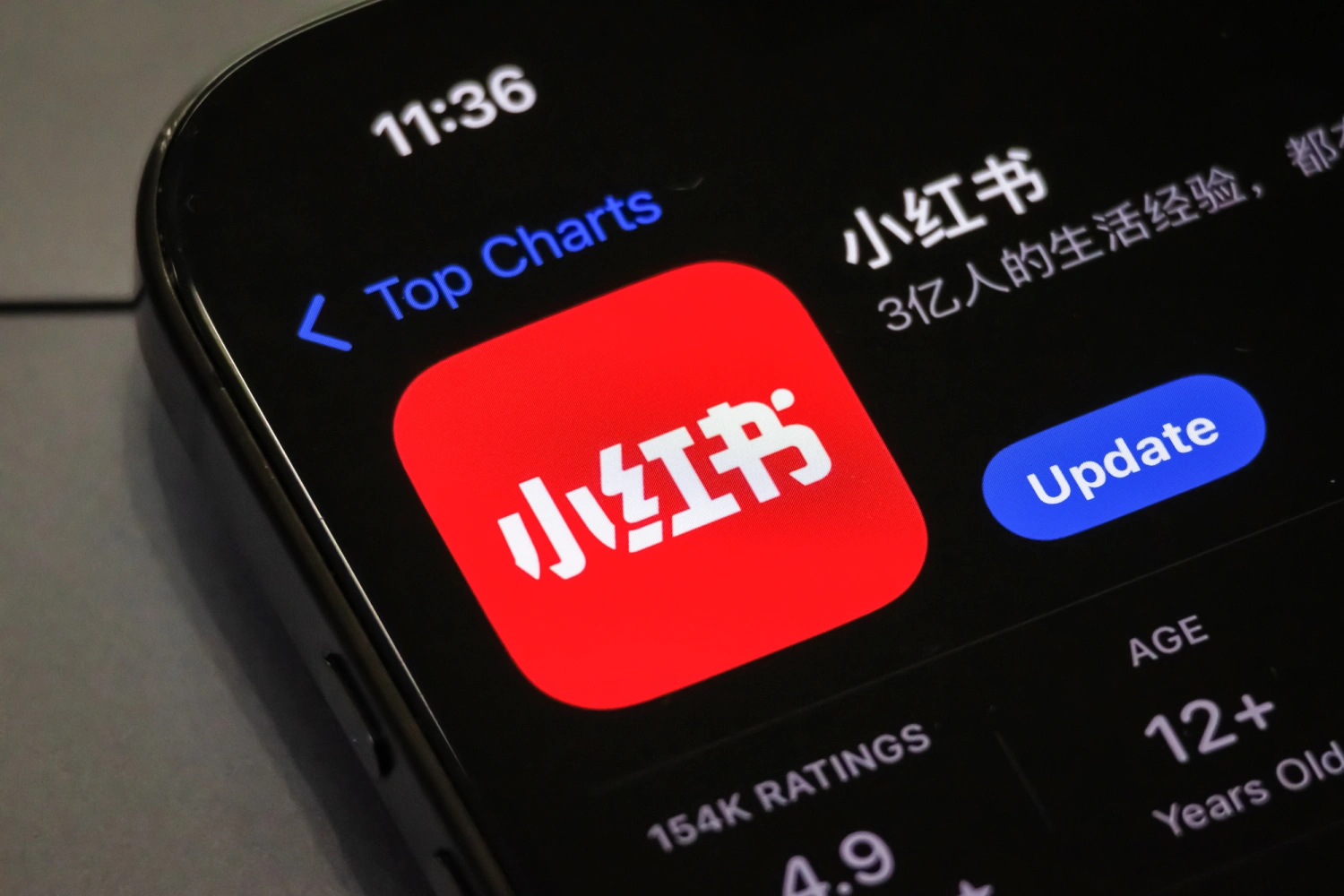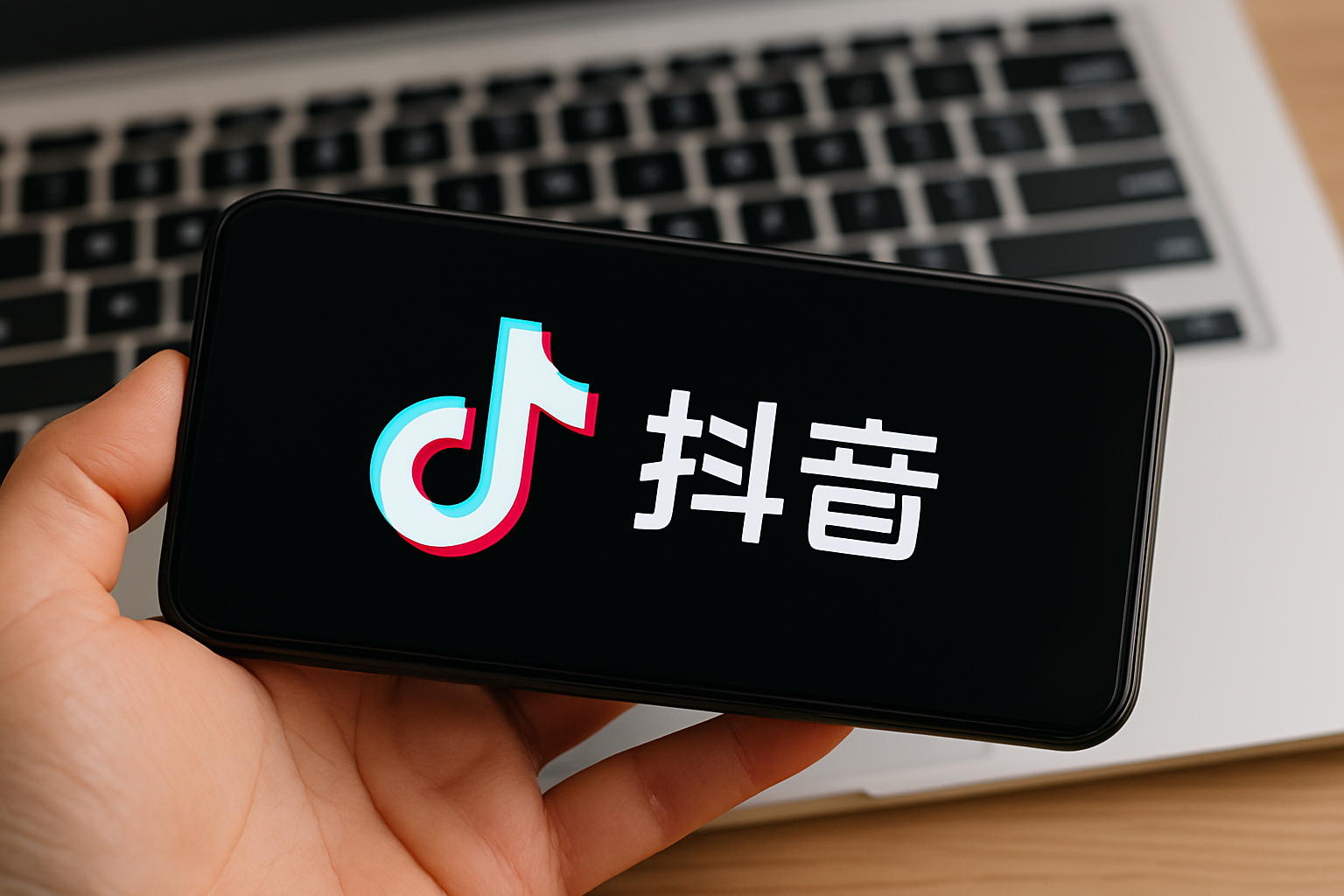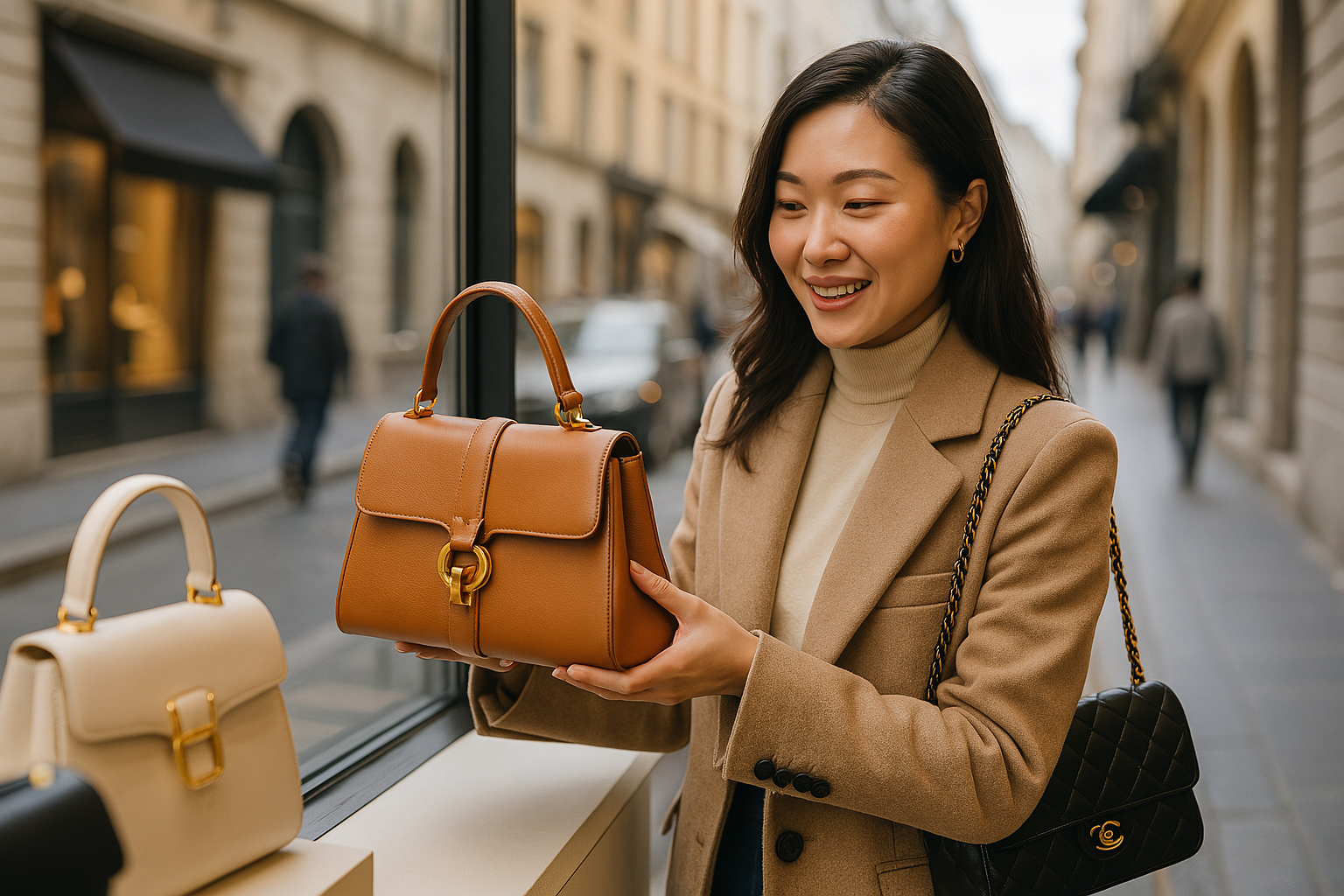The Qixi Festival is one of the major Chinese holidays that drives sales outside of the Chinese New Year. At this Qixi festival, one would buy flowers or chocolates for their partners, plan a fancy dinner, and share/create some amazing memories together.
According to 2019 data from China Daily, sales in some categories even increased by almost 120% for the Qixi festival. In 2018, Tmall saw the one-day sale of hundreds of thousands of handbags.
When it comes to the Chinese market, the Qixi Festival is a big deal.
If you haven’t heard of it, read on to learn more about it and its significance for brands.
🧐 What are the most important e-commerce festival? Check here and update your brand calendar
What is Qixi Festival
The Qixi Festival also called the Double Seventh Festival or Chinese Valentine’s Day is a long-standing tradition that originated in the Han dynasty 2,000 years ago. Contrary to the 520 falling on the 20th of May (520) which is homophonic to ‘I love you’ in Chinese or Western Valentine’s Day on February 14, Qixi is a traditional Chinese festival.
Like all great love tales, the legend of the Qixi Festival centers on two star-crossed lovers:
- Zhinhu, a weaver’s daughter and a powerful goddess, represented by the star Vega, and
- Niulang, a lowly cowherd, is represented by the star Altair.
The story goes like this…
Niulang and Zhinhu – Fell in love and got married, and eventually had a boy and a girl.
However, when Zhinhu’s mother learned that her daughter had wed a mere mortal, she brought her back to heaven and created the Milky Way, a river that divides heaven from earth, to keep the lovers apart.
The earthly magpies, on the other hand, were sympathetic to the lovers’ plight. So, to help them with the lover’s plight, they fly up once a year to the heavens and create a bridge over the Milky Way. This way, Niulang, and Zhinhu could spend one night together on the seventh day of the seventh lunar month.
This seventh day of the seventh lunar month became the Qixi Festival or Chinese Valentine’s Day.
Chinese people celebrate it by sharing gifts and spending time together with their loved ones. This year, the Qixi Festival falls on the 4th of August.
Why is the Qixi Festival important for brands?
A week before Qixi, one of China’s most important traditional holidays, vendors doing business in the romance economy have an increase in their turnover. Days before the Qixi Festival, it’s common for well-known restaurants to be completely booked.
A popular Chinese handmade chocolate and ice cream company reported that on the day of the Qixi Festival, one of their stores in Beijing recorded sales of over 20,000 yuan. That is twice what they would normally earn on the weekends.
The owner of a flower shop in Hebei Province, North China, told the Global Times that during the weeks leading up to the Qixi Festival, the shop received at least 150 orders daily, as opposed to the 10 to 15 orders it receives on typical days. That’s a 10x growth in sales!
Ahead of this year’s Qixi, sales of homemade goods, outdoor and luxury goods, as well as chocolate and candies, have already increased by 20 to 30% YoY, according to China Internet Watch. It’s an excellent event for clothing, jewelry, and cosmetics in particular.
Major e-commerce platforms’ data reveals that weeks before the festival even starts, online sales of gifts soars. For instance, a week before, sales of romantic gifts on Alibaba’s two main e-commerce platforms, Tmall and Taobao, reached their peak. It’s obvious that the festival is growing in popularity each year.
Romantic gifts – trends
Domestically produced goods were the most in demand, with sales of traditional Han clothing increasing by a staggering 184%. Chinese Rouge, an antique-style blush, saw a 37% increase in sales over the previous year.
Additionally, the Qixi Festival encourages consumers to eat more Chinese food. Meituan, an online food delivery service, reported that 7% more Chinese food was consumed on Qixi in 2018 than on Valentine’s Day in the West during the same year.
Couples celebrating Qixi also enjoyed purchasing trips to theme parks, international vacations, and dining at upscale restaurants, portraits, and flowers.
The Qixi Festival is becoming more and more well-known, as evidenced by the participation of more brands and influencers and the sharp increase in sales.
This signifies a fantastic opportunity for businesses of all kinds. They can ideally reach more customers and take inspiration from the various success stories of global and local brands during the Qixi Festival.
Qixi Festival marketing tips for brands:
For those looking to develop a successful Qixi Festival marketing campaign for China, here are a few pointers:
- Encourage user-generated content: As Gucci’s campaign has demonstrated, a campaign that rewards user-generated content, perhaps by offering a chance to win a prize or a small discount, can significantly help drive impressions and raise awareness on social media.
- Set up a WeChat mini-program or shop: As the virus is still being controlled and life slowly returns to normal in China, offline activities are once again on the agenda, but many shoppers still choose to stay at home and shop online.
- Produce limited-edition items: Chinese consumers are very responsive to specialized, one-of-a-kind items that have been created for Qixi.
- Work with KOLs: With so many brands competing for consumers’ attention at the moment, partnering with KOLs can be a good way to stand out from the crowd and connect with customers.
Interesting campaigns for Qixi
The Qixi festival is an excellent opportunity to promote clothing, jewelry, and cosmetics. Marketing campaigns for cutting-edge beauty products, high-end clothing, and statement accessories emphasize romantic themes or heart-shaped patterns.
Luxury companies launch limited-edition products or run special Qixi campaigns. Recent participants include Dolce & Gabbana, Balenciaga, Gucci, Dior, Prada, Michael Kors, and Burberry. These campaigns are typically distinguished by major celebrity endorsements or the launch of a limited-edition or capsule collection exclusively for Qixi to give it some exclusivity.
With millions of views and engagements, Qixi promotions generate a ton of social media activity. Some marketing campaigns generate their own hashtags and controversy to increase brand buzz even more.
Chinese consumers are becoming more fascinated by Qixi-related products as a result of the contemporary celebration of this ancient folktale. Also, they are responding favorably to innovative marketing campaigns centered on the occasion.
Conclusion
The Qixi Festival is a significant event on the Chinese calendar, and brands should also make it a priority. It offers a fantastic chance to raise brand awareness, develop relationships with customers, and increase conversions/sales.
Well, it’s time for a little romance. We wish you all a Happy Chinese Valentine’s Day.
Learn about other festival-related marketing strategies on our blog.
If you wish to know more, please contact our team. We use our knowledge and expertise to help businesses build meaningful partnerships and develop their networks among Chinese customers. For additional information, please contact us at contact@thewechatagency.com.



